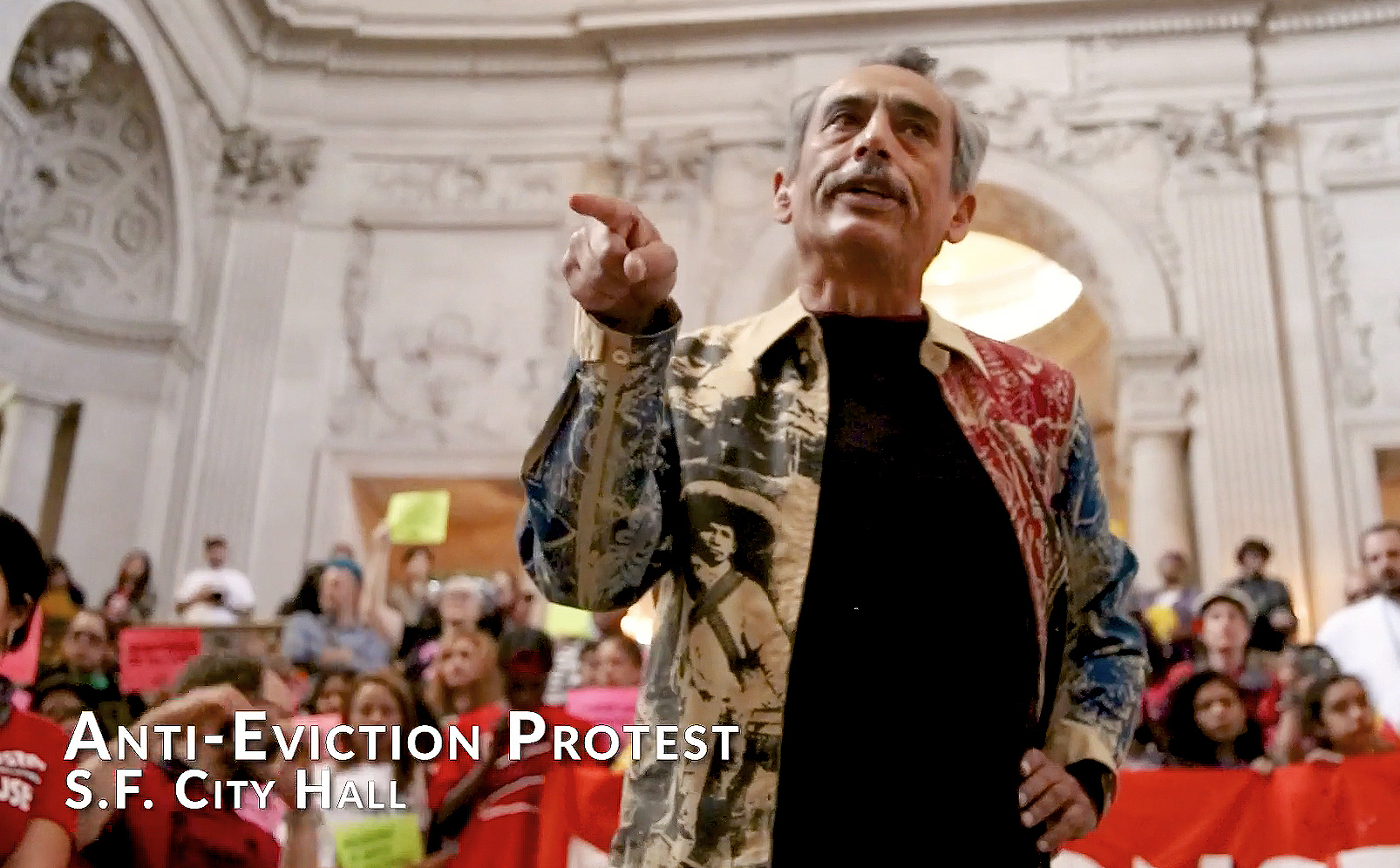2026-01-19 17:21:54
The Cameraman
#poetry #poetrycommunity We live our livesFor the cameraman.The cameraman tweaks our nozzles andAdjusts our illumination.We pose and pixelate,Perform what we imagine to be our livesFor the big eye.So that our images proliferate,We raise up the cameramanAnd manage a t…
2026-01-18 18:58:16
Gastrulation of the blastulation
The blastulation of the morula gives the blastula.
The morula is like a mulberry of cells;
the blastula has a liquid-filled center...
-- Tom Sharp,
A tiny quote from Tom Sharp's (poet, scientist, and, and, and...) excellent web site:
https://sharpgiving.com/index.html
2026-01-20 22:01:56
oh cool I just started reading Murguía's poetry book from City Lights, Stray Poems. maybe I'll try to see this!
https://missionlocal.org/2026/01/sf-mission-alejandro-murguia-documentary-keeper-of-the-fire/
2025-12-20 01:56:41
2025-12-18 21:48:22
2026-01-17 16:41:15
Have a joyful #DayOfDionysos here at Erotic Mythology! 🍇
"Strong mead was served and the drinking was heavy. Next to Ægir sat Bragi. They drank together and exchanged stories. Bragi [the skaldic god of poetry] told Ægir about the many things that had happened to the Æsir."
Prose Edda, Skšldskaparmšl
🏛 A stone from Gotland depicting a Norse drinking scene, Swedish…
2025-12-05 06:45:54
Researchers claim that prompts framed as riddle-like poems could skirt AI chatbots' safety features designed to block production of explicit or harmful content (Robert Hart/The Verge)
https://www.theverge.com/report/838167/ai-chatbots-can-be-wooed-…
2026-01-11 18:00:18
🔊 #NowPlaying on #BBCRadio3:
#WordsAndMusic
- American Ideas of Independence
Rhashan Stone and Caitlin Fitzgerald read from prose and poetry conveying a sense of freedom in America, alongside music by Copland, Florence Price, Miles Davis, Jessie Montgomery.
Relisten now 👇
https://www.bbc.co.uk/programmes/m002pfv2
2026-01-15 13:12:08
Series C, Episode 12 - Death-Watch
VILA: [Pulls Orac's key] They don't write poetry like that anymore. What this electronic pain is trying to say is-
TARRANT: -is that unless we get a break, there's going to be a fatal foul-up.
VILA: Right.
https://blake.torpidity.net/m/312/52
2025-11-09 01:58:19
the new creepy world of (probably) AI-abetted allen ginsberg/bruce conner forgeries. #poetry











